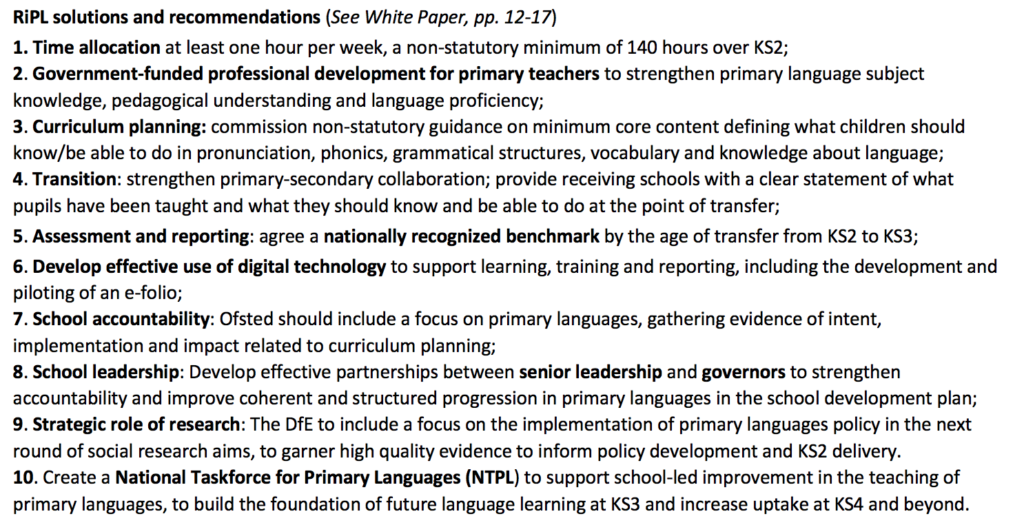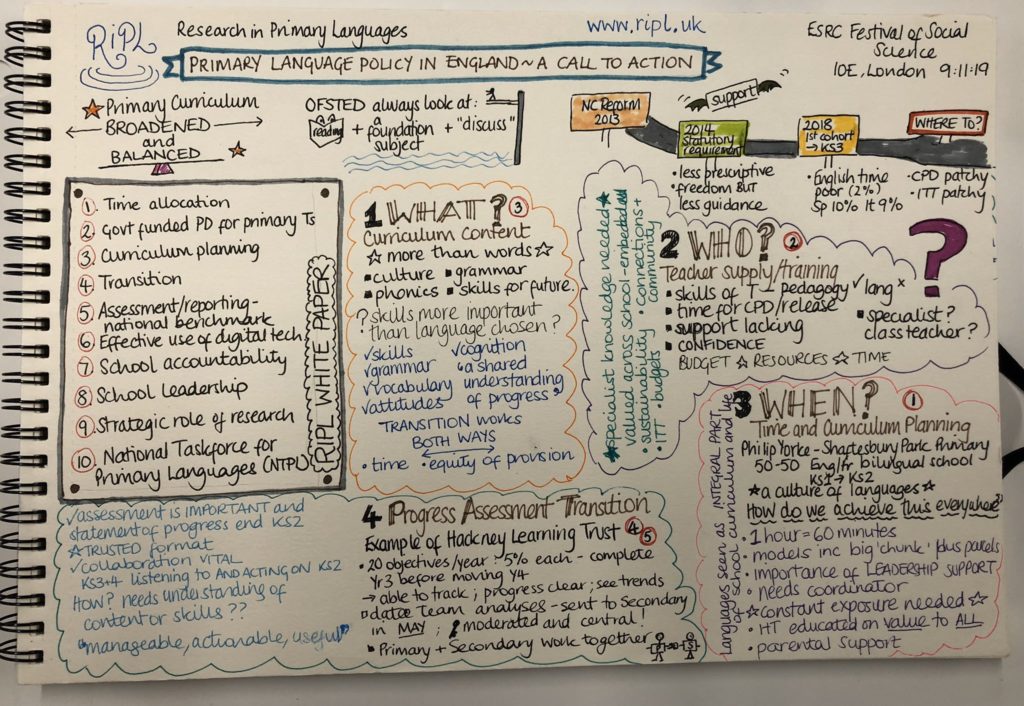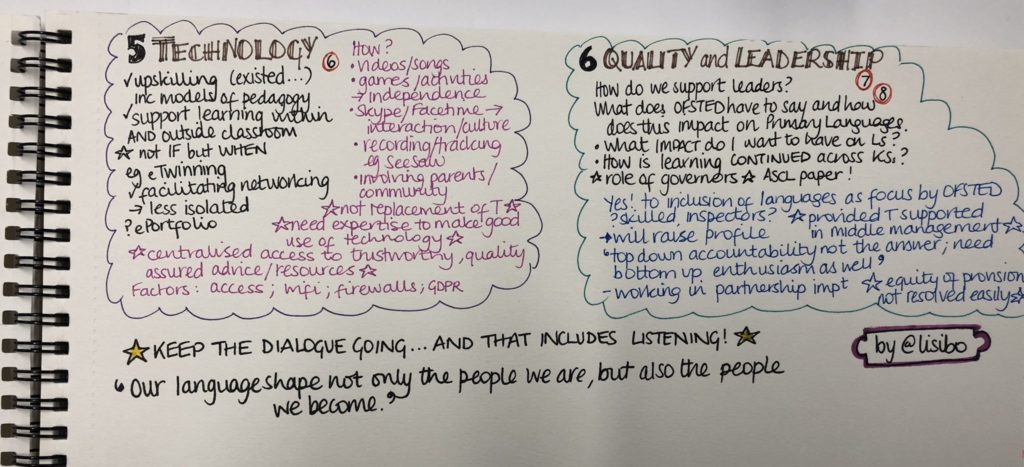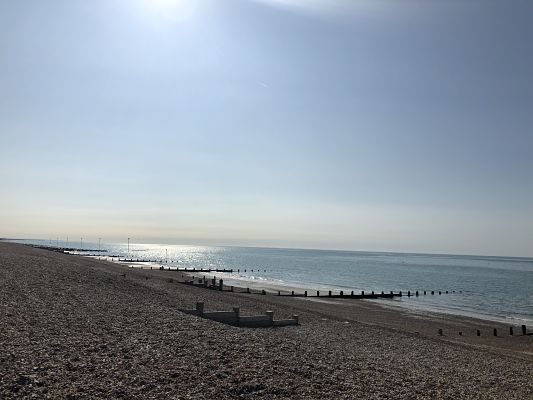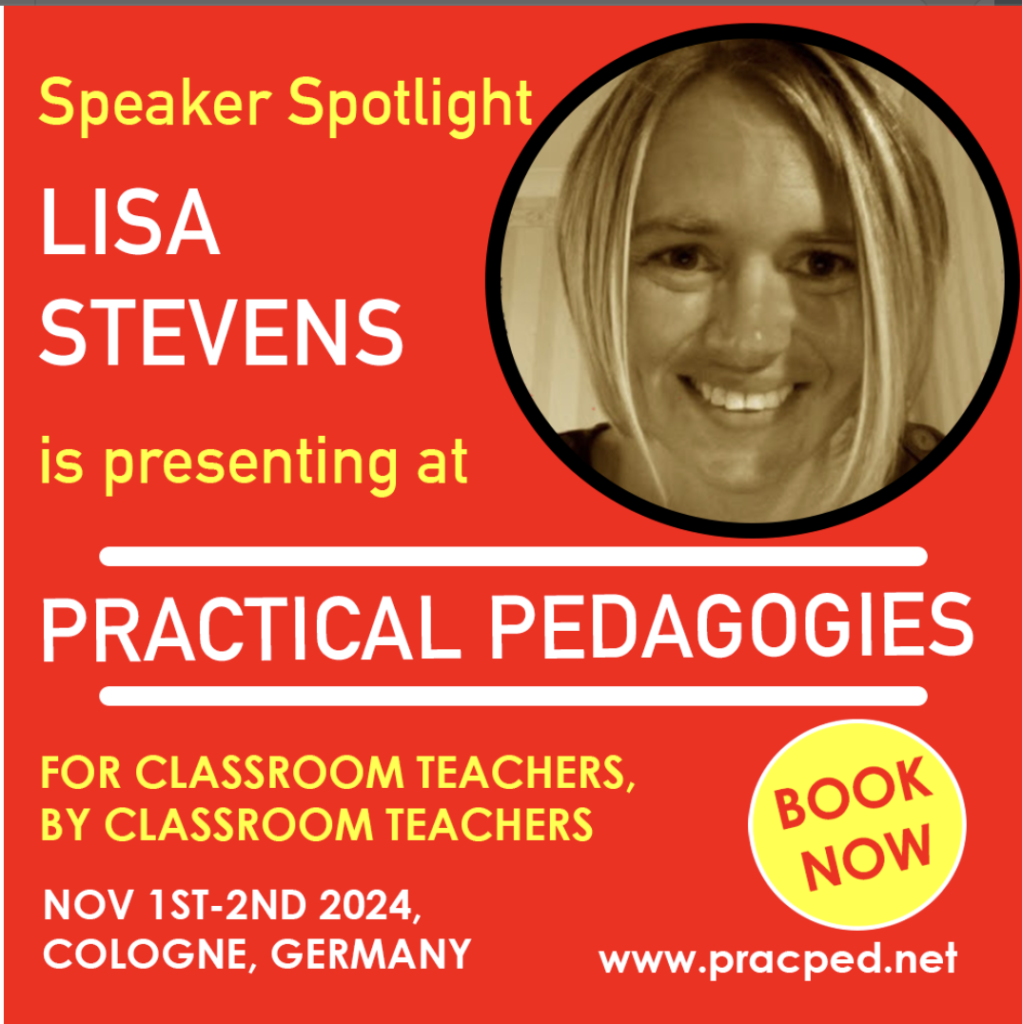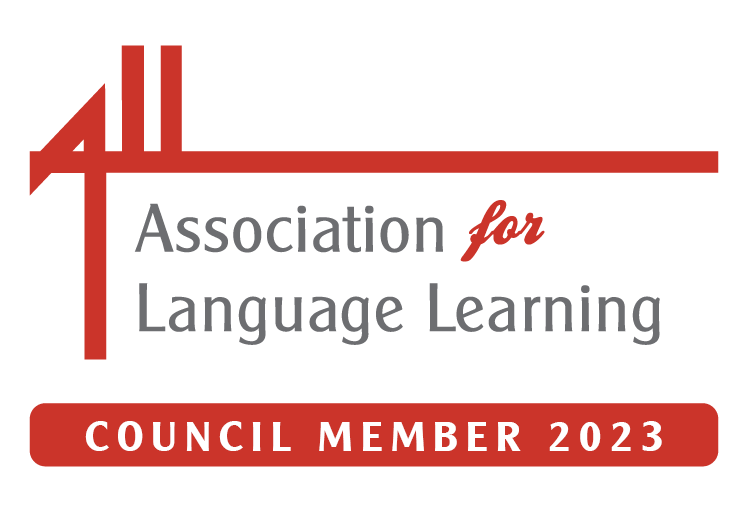
There’s no doubt that the implementation of Primary Language Learning for all pupils 7-11 via the KS2 MFL Framework will change language learning at KS3 – there’s no way it can be avoided. So, as worrying as it may be, transition and all related issues have to addressed.
Some of the issues that are generally raised include –
- wide range of feeder school = difficulty in adjusting languages on offer to provide continuity
- poor relationships between primary and secondary schools
- possible failure to acknowledge prior learning
- LAs failing to give information to secondary schools about PMFL developments
- Little awareness of the need to change practice in KS3, especially Year7
- Poor transference of information re languages studied and skills / knowledge acquired
- Inconsistent approaches and practices
- Children will soon arrive with 4 (or more!) years of MFL
- Need for HTs to be on board
- Change of languages
- Demotivated by new concentration on reading and writing
- Loss of novelty value
- Some distrust of teaching skills of Primary teachers in MFL
- Lack of consistency (skills, approach, quality) within schools and clusters of schools
The following question was posed today – do you think that by introducing language learning at an earlier age… pupils will be more motivated and enthused at KS3 and will they want to build on their language skills at KS4 and beyond?
Responses included
‘In year 7 but perhaps not by year8.’ ‘If teaching is of a high quality at KS2 that’s fine but poor teaching can be demotivating even before they get to KS3’
The overall opinion was that increased motivation would not been seen if pupils are not challenged at KS3 –‘starting again’ would demotivate learners. Pupils need to perceive KS2 and 3 as a continuum, which implies significant changes to the way MFL is taught in KS3. I think a lot depends on the quality of teaching and also on hard work now to ensure that there is a smooth transition, avoiding the feeling that pupils are starting again even if they cover the same vocabulary again. There’s no one answer – but lots of good practice across the country that can suggest models and ideas.
John Connor and David Mee both spoke about the challenges raised and highlighted the need for the following to ensure successful transition:
Communication (between all agencies involved – schools, LA, etc)
Collaboration (KS2 KS3)
Consistency (e.g. in quality of provision)
Consideration (e.g. of prior learning)
Change
Funding (I know – doesn’t start with C and spoils my pattern :os )
They talked from their experience in Wirral and Thurrock, giving examples of cross phase collaboration between clusters of schools, and suggesting ways of addressing potential problems of diverse experience such as ‘starter packs’ for independent work, a later start to the use of textbooks, ‘master classes’ for G&T linguists, early setting and fast tracking. One idea i thought sounded interesting was everyone in Year 7 starting a new topic presented during 2 of the 4 lessons, with the third lesson being used to support newcomers to the language whilst the others work on topic packs that revise and extend primary themes. Obviously this is dependent on having a number of lessons a week! The point was also made clearly that the focus at KS2 should be on the process and skills of language learning rather than the content, thus the gap should be more easily breeched.
Carmel O’Hagan from CILT picked up these themes as she made suggestions on how to welcome pupils with diverse primary language backgrounds. She began with a lovely animated French song – Il etait un petit navire. Using a similar approach to Paul Nutt (see Let’s get active part3), we were given an envelope with fragments of the song to wave when the words were heard in the song. The slips were differentiated by colour and also by the size of font, amount of information on it. She then went on to offer advice on how to make moving into Year7 as painfree for all as possible! She highlighted that it’s not just about content but about making pupils comfortable enough to show what they can do and do know with confidence and pleasure so that assessing the way forward is clearer. Carmel acknowledged that doing the same thing again is boring, but 1) there is comfort in the familiar and 2) there’s more than one way to cover the same topic / vocabulary. Increased independence nurtured through the KS2 Framework will hopefully allow pupils to use dictionaries much earlier than was previously possible, and thus take a lead in the vocabulary employed in a certain topic, making their output truly individual. She summed it up in these comments about ‘bridging units’
‘A good unit will make pupils feel comfortable with activities, content and language – it will not matte
r if it’s actually language they know – they will be using it differently and there will be familarity too.’
‘A good bridging unit will encourage pairwork, groupwork, research and independence’.
Carmel clearly demonstrated through asking us to consider the descriptors in KS2 and 3 that there are areas of crossover between phases, and picked out the example of storytelling to demonstrate. This is an ideal choice as it covers so many bases –
links to literacy / KS2 Fwk / KS3 Fwk; covering listening, speaking, reading and writing skills; looking at language and culture, and uses creativity and imagination; looking at common letter strings and syllables; using texts as models; reading aloud and maintaining link between Yr6 and Yr7 with Yr7 acting out / reading out for or with primary pupils.
Outcomes include a sense of achievement for pupils and a feeling that their language skills from primary have been valued and good relationships established with teachers and one another whilst allowing differentiation and assessment to take place in an unobtrusive way.
By using a series of three books, the level of complexity in vocabulary and structure was increased over a period of time, culminating in the production of a new pupil written story. Beginning with a simple tale about not putting your fingers in strange places (just the kind of thing to appeal!!) and simple questions like Devinez le titre / C’est l’historie de…?, Carmel then moved on to a book, again with repetition but more text, called Le loup est revenu. Based in fairytale land, the characters all arrive for a meal and each new knck at the door is met with shrieks as they think the wolf is knocking. This lends itself to acting out with puppets, and performance to Year6 pupils by Year7, as well as audience participation with the refrain ‘Le loup est revenu’ The final book took things to another level, putting the story from the wolf’s perspective, and including newspaper accounts of the wolf’s past exploits, letters to important people and also humour that would be lost on younger pupils but enjoyed by the more mature ones! In the short time given it was not possible to explain in great detail exactly how it would work, but the idea was clear – that by using a familiar story and familiar activities, more complex ideas and tasks become less threatening.
Phew! And all that before 10.30am!
More to come in the next day or so – including Language Investigators, Language Bridges and Practical strategies to ease the challenge of transition, all of which I found very interesting.

